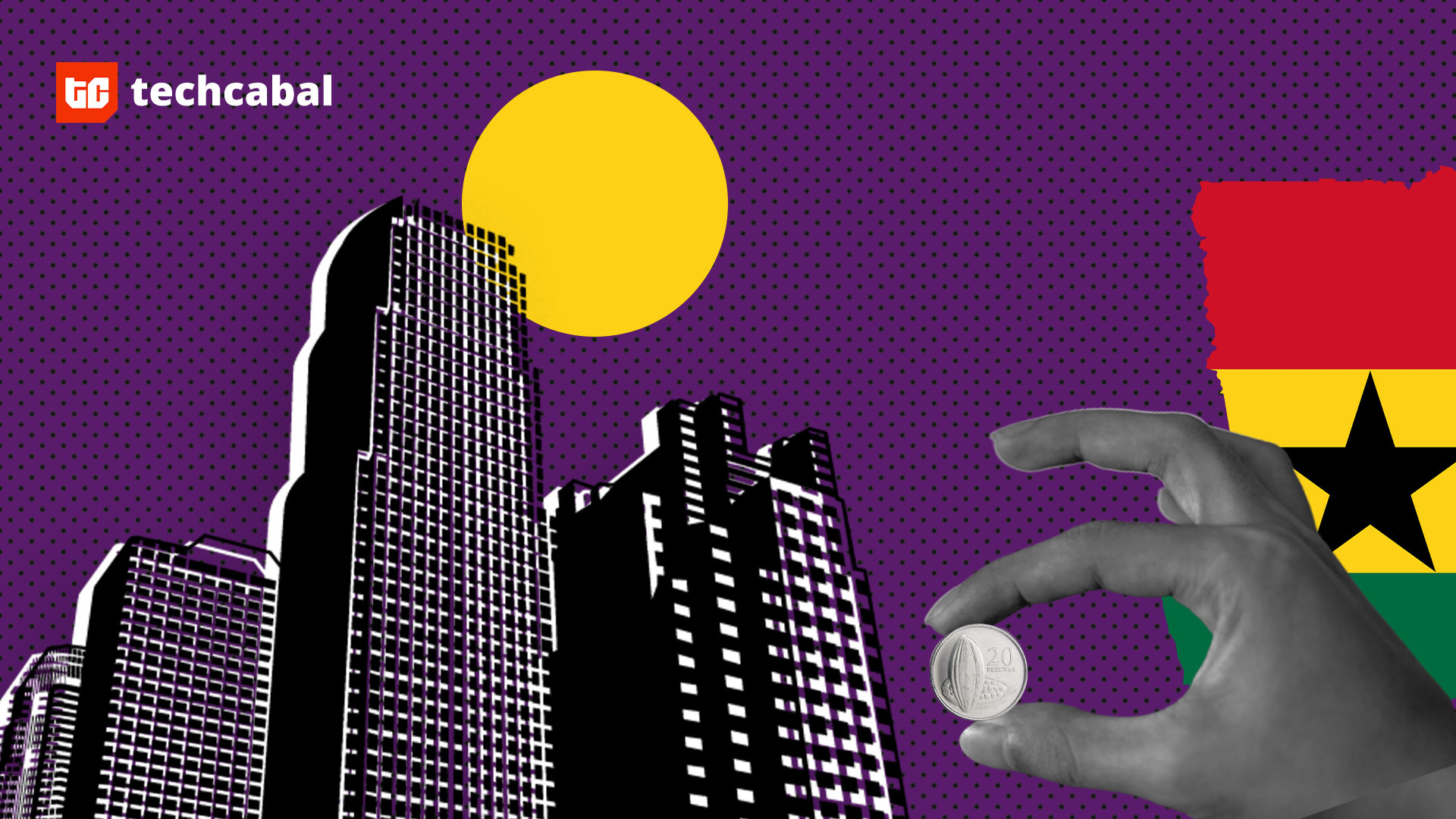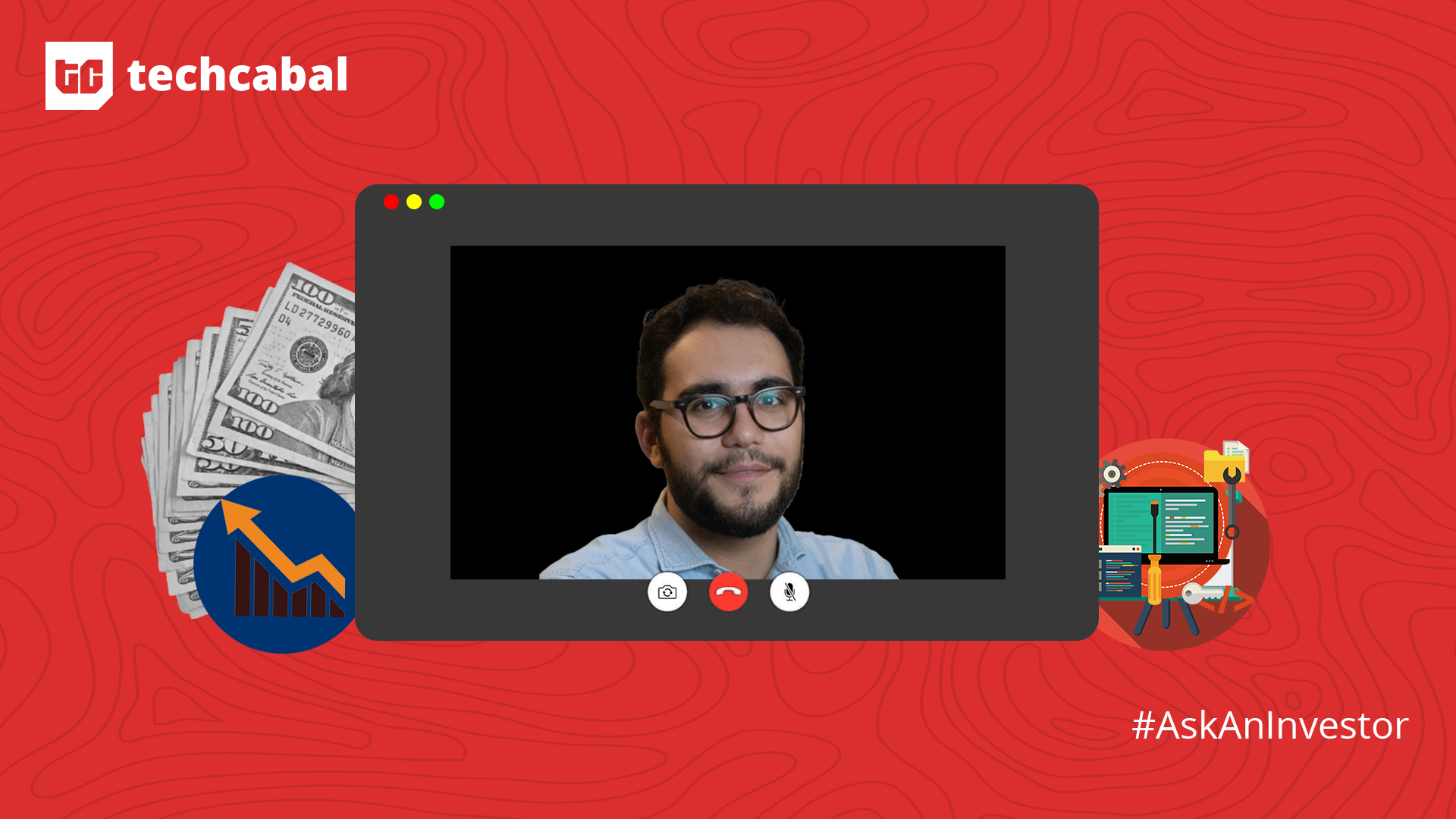Imagine 100 startups housed in 12 refurbished buildings and located in a large compound with sufficient parking space. These 12 buildings provide 8,820 square metres of space customised to fit the needs of each startup—from a small team of five employees to a massive call centre of 100 employees.
This project in the heart of Ghana’s capital city, the Accra Digital Centre, is a symbol of Ghana’s ambition to be the startup capital of Africa. It aims to house the largest group of entrepreneurs, incubators, and accelerators from Ghana. The digital centre in Accra is one out of 16 others that the government plans to build around the country.
“Beyond Ghana’s capital city, the government has identified unused government buildings around the country,” said David Ofori, Head of Operations at the Accra Digital Centre. “We’ve been working on buildings at Kumasi, Tamale, and Takoradi. All the costs and appraisals have been done.”
Getting the project off the ground
Started in 2011, the Accra Digital Centre project was financed by the World Bank and the Rockefeller Foundation. It started with the renovation of a collection of 12 old warehouses belonging to the Public Works Department. But due to changing government regimes and interests, the project wasn’t fully operational until 2017.
Four years later, the Accra Digital Centre is living up to expectation and looks to be a worthy template for other centres across the country. Coincidentally, this aligns with increasing startup activity in the country.
The success of the Accra Digital Centre is indicative of what Ofori, the Minister of Communications and Digitalisation Ursula Owusu-Ekuful, and even President Nana Akufo-Addo hope is a new future for Ghana. President Akufo-Addo has made it a priority to support innovation and entrepreneurship since coming into office in 2017.
While Ghana still needs to lure more international investors and further ease rules for entrepreneurs, the country, backed by government officials and tech leaders, has started to inject new energy into the startup scene is already one of Africa’s top destinations for startup investment. Based on Partech’s 2020 report, Ghana displaced Rwanda to take up fifth place.
To keep this momentum going, Ofori believes the government’s decision to bankroll this project is important because it helps bridge the gap between the privileged and less privileged.
“When things are beyond the reach of average citizens, the government comes in to bridge the gap. Otherwise, the world would become a place of haves and have-nots.”
The perks
One of the major attractions of the digital centre facility is the low-rent cost. Currently, it costs $8 per square metre, a fraction of what it costs in other places.
CK Bruce, CEO Innovare, a tech consulting company is one of the early tenants of the Accra Digital Centre who doesn’t regret the decision to move in.
“When the centre was launched they came around to convince people to join. At the start, a lot of infrastructure wasn’t ready; there was nobody here. It took some time for things to kick off,” Bruce said. “ As soon as we moved in, we started to grow. Every year we’ve had to request for additional space; our team has grown over 100% in the past 3-4 years it’s been here.”
By being in a space filled with many other startups, Bruce said Innovare has gotten to do business with other companies in the space and formed partnerships. In addition, the environment is vibrant and motivating for his team members.
Another early tenant of the Accra Digital Centre is aYo, an affordable insurance product by MTN. Francis Gota, CEO aYo Ghana, told TechCabal that its attraction was its affordability, and so far the centre has been maintained well. When I pointed out that instead of aYo the space could better serve smaller startups, Gota was quick to clarify that, as a subsidiary of MTN, aYo is responsible for managing its profitability and sustainability without external help. Similar to Innovare, the workforce of aYo Ghana has increased—doubling from about 125 to 250 employees—since it started working from the centre.
When I asked Bruce and Gota separately what they hoped the centre could do better, they both echoed the same thing: they needed more office space.
Exporting tech talents
Beyond the affordable real estate cost, the Accra Digital Centre organises activities and programs to educate people and spur innovation.
“You need to have a hand in instigating and nudging people towards a digital future. A lot of people are still wired to go to school, and afterwards get a job. Yet they have access to a smartphone and the internet to learn,” Ofori said.
These activities and programmes at the digital centre are facilitated by the tech club and Innovation Hub. The activities involve getting people to try their hands on real tools like drone technology, blockchain, 3D printing, and virtual and augmented reality. The best part of these programmes is that they are free to the public.
In the long run, these activities are meant to position Ghana as a major exporter of tech talents in Africa, starting with neighbouring countries like Liberia, Gambia, and Togo.
“Talents are a critical resource, and we can’t keep relying on foreigners to take the lead in these areas.”
A private company owned by the government
The Accra Digital Centre is managed by a private company called Ghana Digital Centres Limited, under the Minister of Communications and Digitalisation. To ensure that the Accra Digital Centre functions properly, it is a private company that is 100% owned by the government of Ghana. This was done to demonstrate confidence in the private sector because people often aren’t comfortable doing business with the government.
“The government’s job is to provide an enabling environment for the private sector to thrive. The government’s core business is to bring in regulations and look out for the interest of the society and make sure there’s no unfair competition,” Ofori said.
The government is responsible for the initial setup of the digital centres and afterwards, the revenue generated from the operations of the centre is used to run them. This way the project is self-sustaining and not a burden on taxpayers. On the flip side, the goal isn’t for the digital centres to become massively profit-oriented, else it’d deviate from its purpose of providing critical infrastructure and services at an affordable rate.
Startups are more than websites
Despite all the progress made, it’s been an uphill task trying to convince local investors that startups need more than affordable facilities to scale; they need capital. The Accra Digital Centre is looking to partner with local or foreign investors and investment companies to expand its reach and impact.
Ofori explains that there’s a cultural bias that needs to be overcome. Local investors prefer to invest in sectors like real estate and agriculture where the product is tangible, unlike in the tech sector where the products are often intangible.
“How do you explain to a local investor that you bought a domain name? How do you explain hosting? All you have to show is a website,” Ofori said. “These businesses that seem like just websites today will become tech giants tomorrow. BMW started out as an aircraft engine manufacturer; today, it’s more famous for its cars.”





















